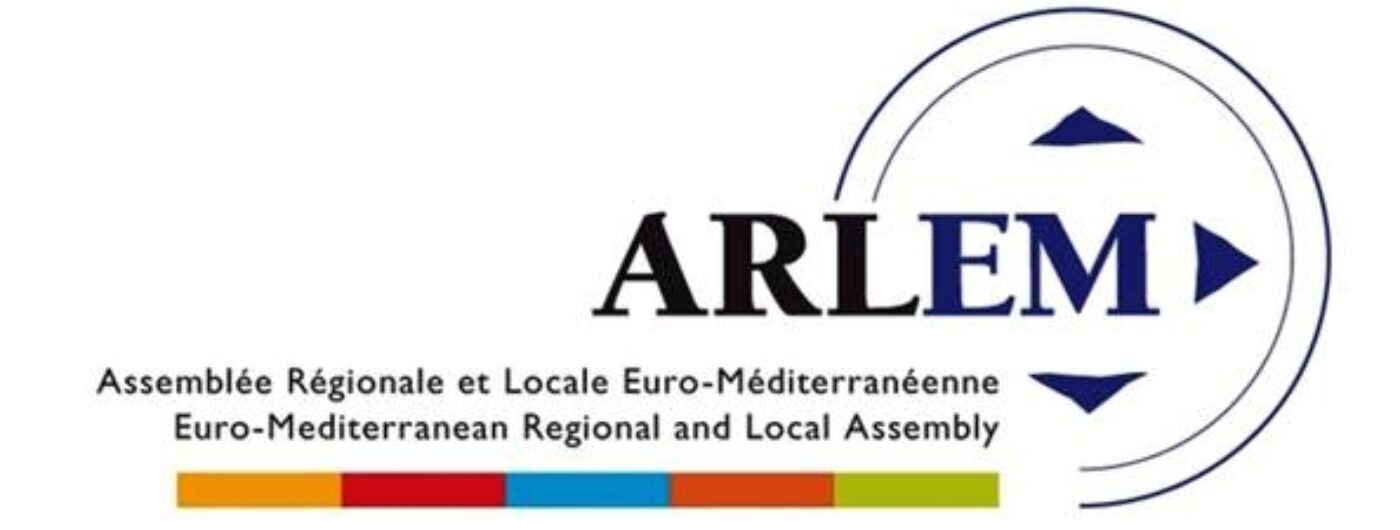
ARLEM calls for a stronger territorial dimension in the European Neighbourhood Policy and a more decentralised management of migration
Barcelona, 16 December 2014. In his opening speech Michel Lebrun, President of the Committee of the Regions (CoR) and co-president of ARLEM, highlighted the need to strengthen the territorial dimension of the European Neighbourhood Policy. “The CoR will support the European Commission in its review of the European Neighbourhood Policy: in the Mediterranean we can identify several good examples for designing macro-regional synergies and for implementing instruments devoted to economic, social and territorial development”, President Lebrun said.
In its annual report on “The state of the territorial dimension of the Union for the Mediterranean”, the assembly argued that the EU must continue to support countries to the south and east of the Mediterranean towards a prosperous and peaceful future. The implementation of a cohesion policy at the macro-regional level supported by funding, especially from the European Neighbourhood Policy, is something ARLEM has been calling for since its creation. Extending the scope of the European Commission’s Local Administration Facility to the Mediterranean should be envisaged as a way of strengthening the institutional capacity of local and regional authorities. Anna Terrón, Special Representative for the Union for the Mediterranean, said in Antalya: “ARLEM is part of the Union for the Mediterranean. The secretariat in Barcelona is working to implement our priorities, among them urban development. We find the annual report of ARLEM and its political priorities very useful.”
The report on the role of local and regional authorities in managing migration in the Mediterranean drafted by António Costa (PT/PES), Mayor of Lisbon, Secretary-General of the Portuguese Socialist Party and former Home Affairs Ministry of Portugal, was also adopted during the session. According to the report, it would be necessary to expand the dialogue on migration and mobility within the Union for the Mediterranean, affording the UfM a more prominent, effective role in managing migration in the Mediterranean as a platform for dialogue and a forum for finding joint solutions, enabling a Euro-Mediterranean policy on migration to be developed so as to ensure better coordination between all stakeholders. Mr Costa pointed out that many cities and regions are particularly affected by growing flows of migrants, asylum seekers and refugees, and it is these authorities that have the obligation to receive and integrate them. “Since 2011, the Syrian conflict has displaced more than 3 million people of which less than 100,000 have come to Europe. Countries such as Jordan, Lebanon, Turkey and Egypt are doing their utmost to receive those people in desperate need of protection. But sharing the responsibility in the spirit of solidarity requires more support to those local and regional authorities and countries most directly affected, so EU support is crucial. In this context, ARLEM can play an important role in finding the right response to the humanitarian catastrophes in the Euro-Mediterranean”, Mr Costa said.
The report on local and regional level waste management drafted by Mohamed Boudra, President of the Regional Council of Taza-Al Hoceima-Taounate, Morocco, also adopted during the session, called for increased resources for local and regional authorities to help manage waste. An ARLEM initiative for an urban agenda for the Mediterranean was also presented in Antalya. It aims to strengthen the institutional and administrative capacities of cities and regions in urban governance, notably via pilot projects to be implemented in each of the participating countries between 2015 and 2018.

